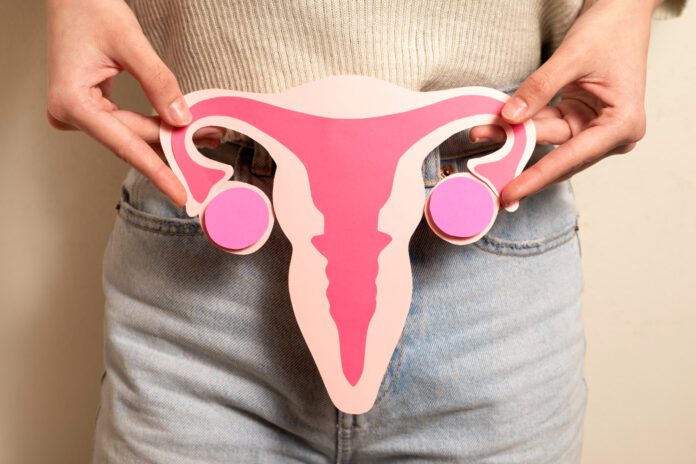You must be aware that the symptoms of fibroids are common in women from the age group of 17 to 70 years. These are non-cancerous tumors that grow in the uterus and do not lead to significant problems for many years. A woman can have one fibroid such as small seed or many like grapefruits. Some symptoms include – long menstrual periods, anemia, pelvic pain, frequent urination, heavy bleeding, constipation, or unpleasant symptoms depending on their age, size, and location. They can be the reason for frequent miscarriages and infertility too.
If you have uterine fibroids with symptoms like severe pain, it is advisable to seek advice of a gynecologist and treat your problem permanently for your better life. Your doctor will suggest about the procedure that is best suited for you. Though certain minor symptoms can be managed by taking medicines like Ibuprofen, patients with abdominal pressure, heavy menstrual bleeding and extreme pain have various treatment options.
Below are 6 tips to treat Uterine fibroid problems:
-
Contraceptive Pills and Progestational Agents
Patients who have excessive bleeding are generally given hormonal medicines to lessen menstrual bleeding and regulate menstrual cycle. These medications reduce quick growth of fibroids. If there is no result after three months of taking the medication, the doctor may suggest other options for treating fibroids.
-
GnRH Agonists (Lupron)
These medications contract fibroids temporarily and decrease the production of estrogen to stop excessive bleeding. Though GnRH improve the symptoms of fibroid, they may be the reason for uncomfortable menopausal symptoms like hot flashes. Long-term use can lead to arthritis.
There are specific cases when Lupron is very effective. In the case of anemia and heavy bleeding, you need to take Lupron for two to three months before the surgery to decrease the risk of blood transfusion. It is advised before the surgery when a patient has large fibroids.
-
Intrauterine Devices or IUD
IUD devices discharge little amount of hormone into your uterine cavity and can lessen bleeding due to fibroids. It requires prior appointment with the gynecologist.
-
Myomectomy
It is an effective method to remove fibroids without eliminating uterus. It is a great option for women who have fibroids and want kids in future. Though it is an effective method to get rid of fibroids, they may grow further or appear in due course. Women in their menopausal phase will be able to get the best benefit after myomectomy procedure.
Depending on the size, number and location of fibroids, your surgeon will suggest whether you require hysteroscopic myomectomy, laparoscopic myomectomy or abdominal myomectomy.
-
Hysterectomy
In the case of hysterectomy, the uterus will be remove. The doctors suggest this method to women who want to eliminate fibroid symptoms permanently. Menstrual bleeding stops, pelvic pressure gets comfort, frequent urination improves and fibroids cannot grow further after completing hysterectomy successfully. There are several approaches of hysterectomy. Your doctor will suggest if you need vaginal hysterectomy, abdominal hysterectomy, laparoscopic hysterectomy based on uterus measurement and other factors.
-
Uterine Artery Embolization or UAE
Uterine artery embolization is a modern procedure and an alternative for fibroid treatment. The method obstructs flow of blood to the fibroids and makes them shrink. It can lessen menstrual bleeding and symptoms such as – urinary frequency or constipation, abdominal pressure and pelvic pain.
If the fibroids do not cause any problems or are asymptomatic, then you do not need to perform any treatment. On the other hand, if fibroids cause you pain, there are treatments available for you to select from based on the severity of symptoms. You may visit London based GP clinic when residing in this place and get the treatment done successfully.
